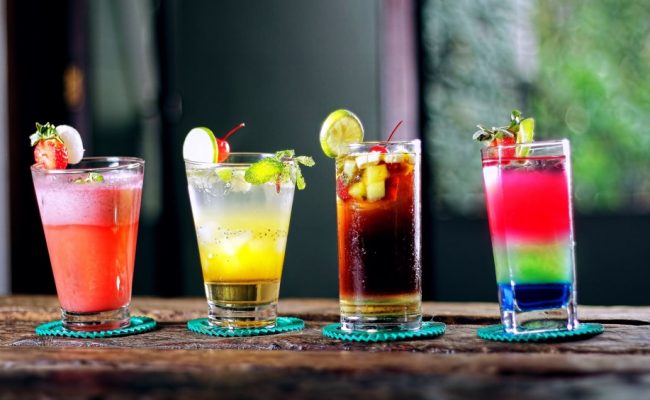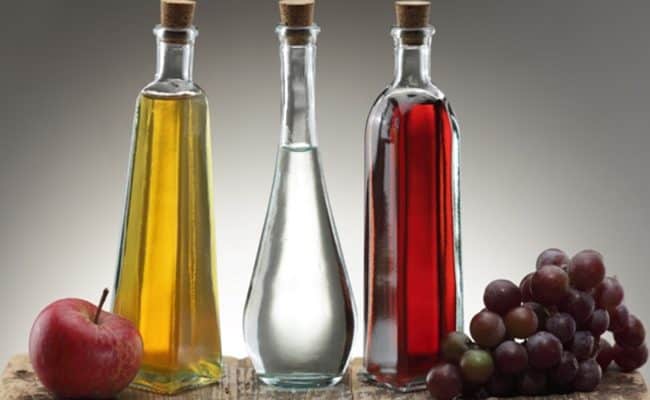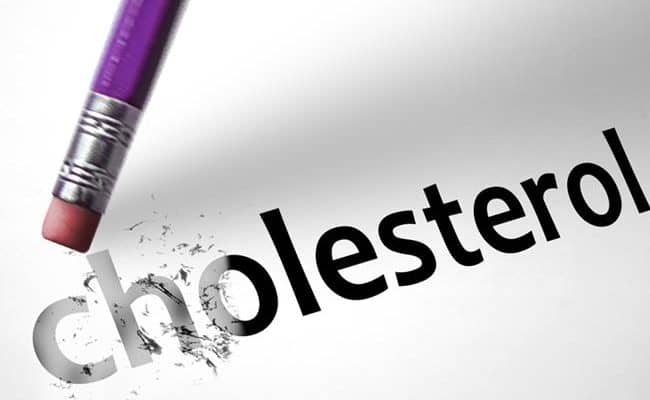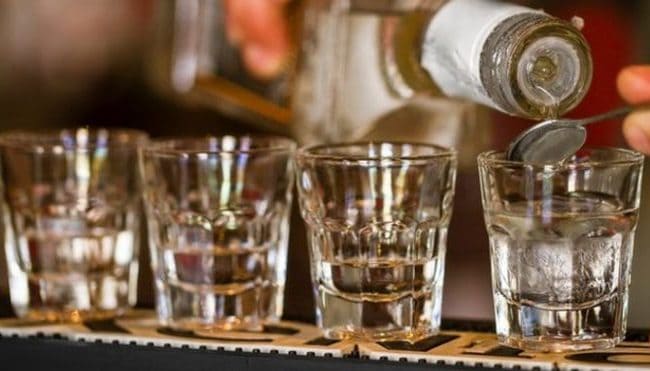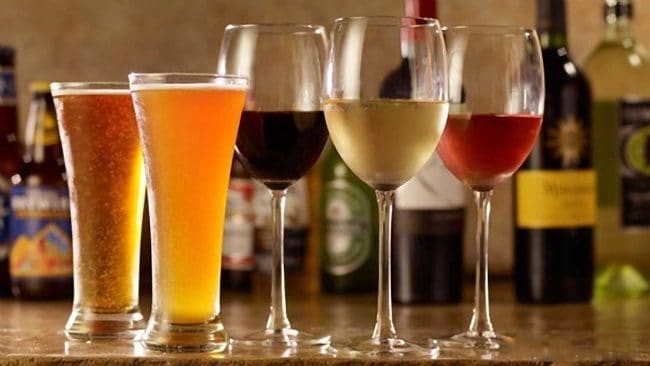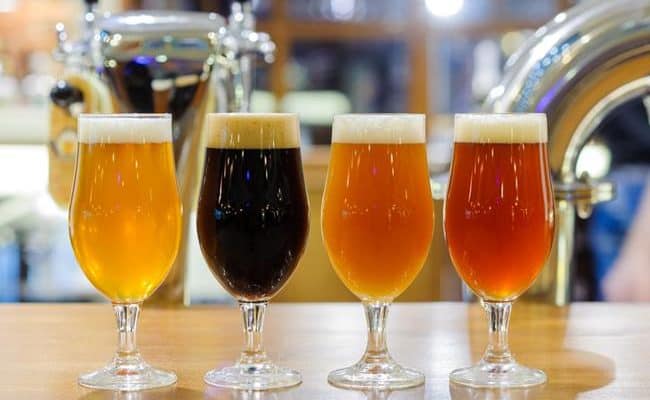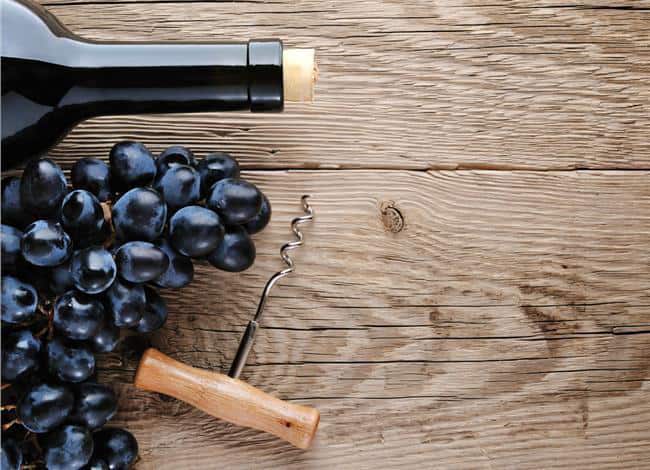
Alcohol contains 7 calories per gram, and can be a significant source of excess calories. If someone is cutting down on his or her calorie intake, alcohol can be an easy place to cut back.
There is some research to suggest a possible health benefit from moderate alcohol consumption. Therefore, if someone wants to still drink alcohol while on a diet they should do so only in moderation and choose lower calorie alcoholic options.
Here are some more tips for alcohol consumption while dieting.
Alcohol metabolism
Alcohol is handled differently in the body from the other calorie providing nutrients: carbohydrates, fats and protein. Alcohol is readily absorbed in the body after consumption; it doesn’t have to go through the digestive process.
Consuming alcohol with food can slow absorption, and carbonated alcoholic drinks are absorbed more rapidly than non-carbonated alcoholic drinks. Alcohol is seen as a toxin in the body and is sent to the liver to get broken down. There, it is broken down to be used for energy or converted as fatty acids.
Drinking too much alcohol can have many negative health consequences including being a source of excess calories and increasing the amount of fatty acids made by the liver. Drinking too much alcohol can increase damage to the liver and increase the amount of fat made by the liver.
What is a serving?
The Center for Disease Control and Prevention (CDC) suggests limiting alcohol intake to one drink per day for women and up to 2 drinks a day for men. A drink is considered 12 oz of beer, 5 oz of wine or 1.5 oz of hard liquor.
There is some research indicating moderate alcohol consumption may be associated with reducing risk for cardiovascular disease and may help raise the “good” HDL cholesterol.
However, drinking more than the recommended serving per day can have negative health consequences, and drinking is never advised for pregnant women, people taking medications, those younger than 21, those unable to control how much they drink or if someone is planning on driving.
Stay within the guidelines of moderate drinking at any point as an adult, but especially if you are trying to lose weight. There can be a fine line between the benefits of moderate alcohol consumption and the devastating effects of too much alcohol.
Avoid cocktails and mixed drinks
Lower calorie options for drinking alcohol on a diet would include any alcohol that does not have added sweeteners. Cocktails or other mixed drinks, like margaritas, can be high in calories and sugar. Always stick with the recommended serving per day if you decide you want to drink alcohol and stay away from the sweetened options.
See also: Best and worst cocktails for weight loss
Lower calorie alcohol drinks
For lower calorie alcohol options, stick with the serving size for plain white or red wine, light beers or only one serving (1.5 ounce) of hard liquor. Some websites also have recipes for cocktails that are made over to be lower in calories.
Keep in mind quantity is important for alcohol and other dietary choices. When something is marketed as “lower in calories”, especially as a splurge item like an alcoholic drink, people tend to drink or eat more of the seemingly healthier food/drink than the standard serving size.
Balance and moderation
Remember, being healthy is always more than focusing on one nutrient. Over all diet needs to be balanced with a variety of foods and moderate portion size. Even if you follow the advice of limiting alcohol intake when trying to lose weight, what does the rest of your diet look like? Are you getting the recommended amount of fruits, vegetables, etc.?
You could technically drink any type of alcohol while on a diet, the biggest factor as well is portion size. Is it just a few sips or a few glasses? It will make a big difference.
Keep in mind another factor for drinking too much alcohol is that it impairs judgment about what you eat and how much. Consuming alcohol is usually accompanied with food, and it is usually not healthy food. It may work better for people who tend to drink too much to avoid alcohol while trying to lose weight if drinking alcohol encourages poor eating choices.
Conclusion
Alcohol needs to be metabolized differently in the body, and the liver breaks down alcohol to be used immediately for energy or to be stored as fatty acids in the liver. If you want to drink alcohol while on a diet, stick within the guidelines from the CDC for moderate drink consumption.
Choose alcohol that is lower in calories, like red/white wine, light beer over higher calorie options like mixed cocktails. Keep in mind, the rest of the diet is important to balance for weight loss in addition to alcohol consumption. If you are on medication, can’t control your alcohol intake, are or might be pregnant or are going to drive do not consume alcohol.
References used in this article

